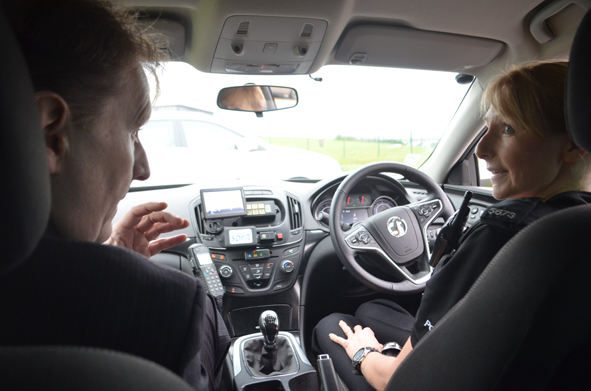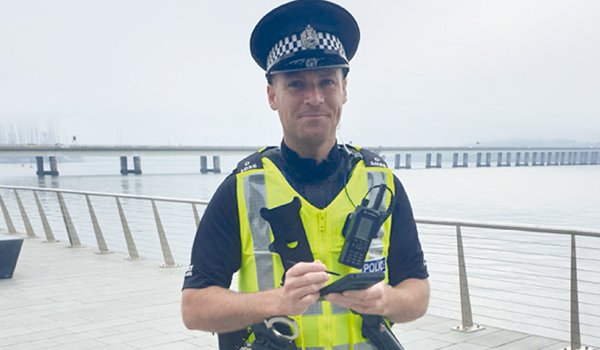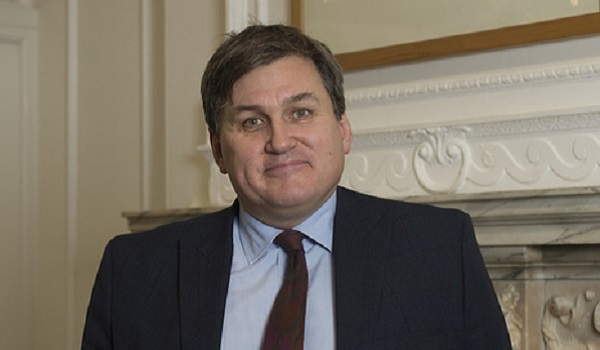Smart use of mobile phone power
For the first time, smartphones and tablet PCs could be used by police officers to help solve crimes faster and more cheaply.

For the first time, smartphones and tablet PCs could be used by police officers to help solve crimes faster and more cheaply.
A senior university lecturer believes that combining the power and wireless facilities of smartphones to collect and process information quickly, rather than relying on centralised computers, could revolutionise crime-fighting, mobile healthcare and live business intelligence.
His research hailed as outstanding by experts could pave the way for the first mobile tool for collecting and streaming large amounts of information over the Internet.
One of the key differences between using mobile streaming data mining as opposed to sending all the information back to a centralised computer to process is the information can be ultra-localised and the speed of processing can be faster and significantly cheaper.
Dr Mohamed Gaber, of the University of Portsmouths School of Computing, told an international conference that the combined processing power of mobile phones could also be used to monitor peoples health more quickly and more cheaply than existing methods allow.
Dr Gaber explained: This is the first time a method has been found to stream information collected from smartphones working together.
Imagine police officers equipped with smartphones that can capture all the sensory information in a crime scene, such as fingerprints and digital images all the data could be analysed locally and the results could be fused together in real-time to give them some insights and knowledge.
We have discovered that we can get excellent results with as few as eight mobile phones being used together, where each phone handles a maximum of 40 per cent of the all the possible measurements.
It is the combination of the power and the acquired data on each device that would make the difference. In fact, one smartphone can do the whole process if it has all the features of the data. However, it is more realistic to assume that each individual can see only part of the picture and collectively we can see the whole picture.
He told delegates at the Tools with Artificial Intelligence conference that the processing power of smartphones could also be used in mobile health care.
Different mobile devices that measure different physiological signs and symptoms such as ECG, blood pressure and body temperature, could be fused together to assess the patient. This could help elderly people and those with chronic diseases to travel and go shopping without being worried, said Dr Gaber.
Also, patients could use their mobile phones any time anywhere to monitor their condition and automatically have messages sent through their phone to the emergency department or the doctor if the patients condition is getting critical and requires immediate treatment.
The mobile phone data streaming process does not interfere with the phones normal use and calls can be made and SMS texts sent and read the owner just has to agree to allow their phones processing power to be used in the background.
Dr Gaber added that such a collaborative process allows for many things. In a neighbourhood, for example, data collected using the smartphones could be shared in order to make better decisions about local issues.
In this way, being collaborative helps us in taking collective decisions, he said.
Dr Mohamed Gaber is currently a senior lecturer in the School of Computing, University of Portsmouth, and course leader for the MSc. in Internet Systems Development (ISD). His research covers data stream mining, wireless sensor networks, context-aware computing and health informatics.




